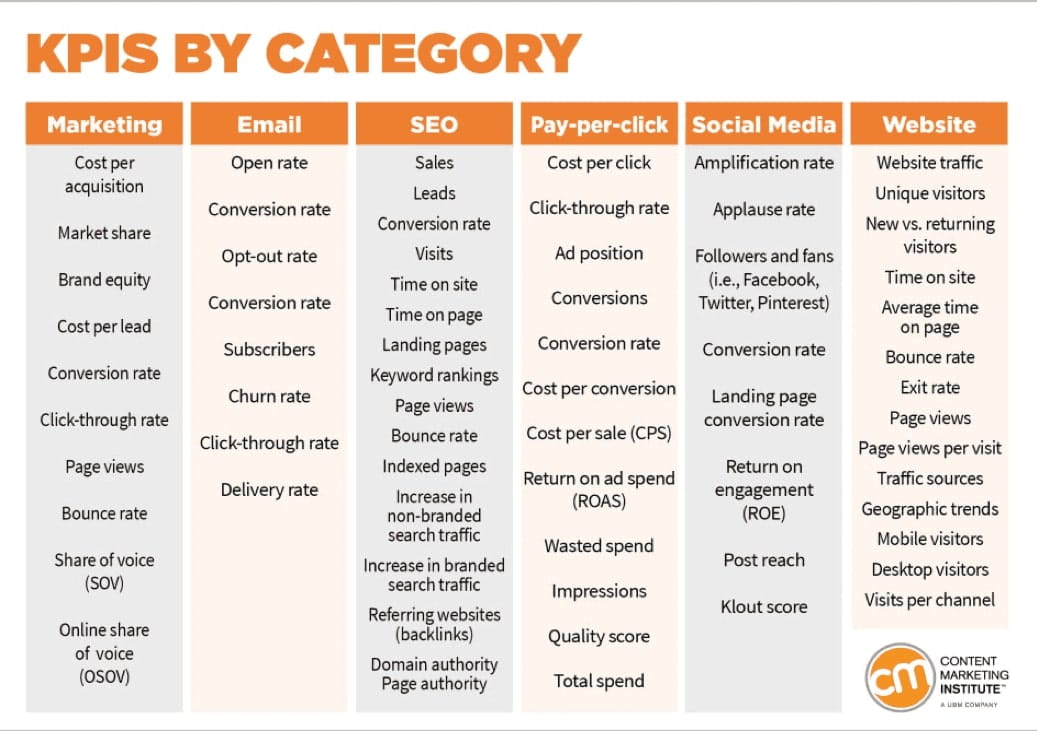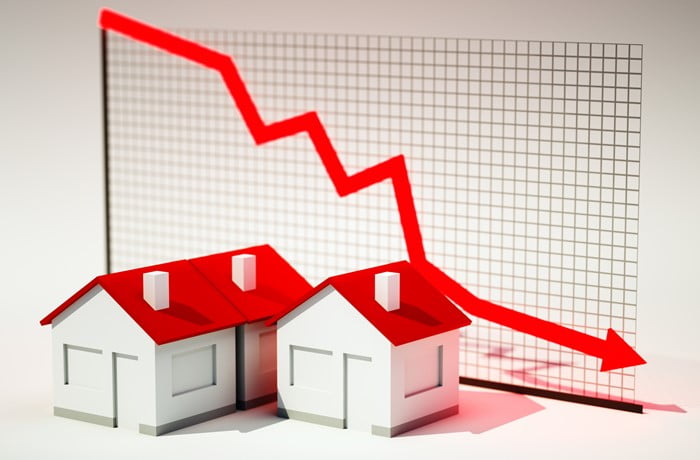Real Estate Marketing in a Slow Market
In the dynamic world of real estate, marketing plays a vital role in driving business growth and maintaining a competitive edge. However, when faced with a slow market, where property sales and transactions may experience a decline, it becomes crucial to reassess the effectiveness of ongoing marketing efforts. Buyers may be more cautious in their purchasing decisions, while sellers may face challenges in finding qualified buyers. Overall, the market experiences a decreased level of activity compared to more robust periods. By understanding the current market conditions, evaluating the benefits of sustained marketing efforts, and implementing effective strategies, real estate professionals can make informed choices to navigate through the challenges and capitalize on opportunities presented by a slower market.
Understanding the Current Real Estate Market
Factors contributing to the slowdown
Several factors can contribute to a slow real estate market. Economic conditions play a significant role, such as a stagnant or contracting economy, high unemployment rates, or unfavorable interest rates. Changes in government policies, lending regulations, or tax laws can also impact buyer sentiment and market activity. Additionally, external factors like global economic trends or political uncertainties can influence the local real estate market.
Impact of a slow market on real estate businesses
A slow market can present challenges for real estate businesses. Extended listing periods can lead to increased carrying costs for sellers, while reduced buyer demand may result in lower transaction volumes and commissions for real estate agents. Competition among industry professionals intensifies as they vie for a smaller pool of buyers. However, amidst these challenges, there are opportunities to adapt and strategize marketing efforts to maintain a competitive position and capitalize on future market recovery.
Benefits of Continuing Real Estate Marketing in a Slow Market
Maintaining brand visibility and awareness
In a slow real estate market, maintaining brand visibility becomes paramount. By continuing marketing efforts, real estate businesses can ensure they remain top-of-mind with potential buyers and sellers. Consistent brand exposure helps establish trust and familiarity, positioning the business as a reliable and credible choice when the market conditions improve. By staying active in the market, real estate professionals can avoid losing market share to competitors who may reduce or halt their marketing activities.
Generating leads and nurturing prospects
Despite a slowdown, there are still motivated buyers and sellers in the market. Continuing real estate marketing enables businesses to identify and connect with these prospects. By implementing targeted marketing campaigns, such as advertising specific property types or geographic areas, optimizing your Google Business Profile or leveraging targeted Google Ads, real estate professionals can generate leads and nurture relationships with potential clients. Building rapport during a slow market can lead to future transactions when the market rebounds, ensuring a steady pipeline of opportunities.
Showcasing unique selling propositions
In a competitive real estate landscape, a slow market offers an opportunity to stand out from the competition. Continuing marketing efforts allows real estate businesses to showcase their unique selling propositions (USPs) and differentiate themselves in the market. Whether it’s expertise in a niche market segment, innovative marketing techniques, or value-added services, highlighting these USPs can attract attention and create a competitive advantage. By emphasizing what sets them apart, real estate professionals can capture the interest of potential clients who may be seeking something distinctive even in a slow market.
Strategies for Effective Real Estate Marketing in a Slow Market

Targeted and personalized marketing campaigns
In a slow real estate market, it becomes crucial to understand the needs and preferences of potential clients. By conducting market research and analyzing buyer demographics, real estate professionals can tailor their marketing campaigns to specific target audiences. This targeted approach allows for more personalized messaging and offerings that resonate with potential buyers or sellers. By addressing their pain points and showcasing how the business can fulfill their unique requirements, real estate professionals can increase their chances of attracting interested prospects even in a slow market.
Leveraging digital marketing channels
Digital marketing channels offer tremendous opportunities for real estate professionals to expand their reach and connect with potential clients. Utilizing social media platforms, search engine optimization (SEO), and online advertising can significantly enhance brand visibility in a slow market. Engaging in social media conversations, sharing informative content, and running targeted online ads can help capture the attention of potential buyers or sellers. Additionally, optimizing website content with relevant keywords and implementing SEO strategies can improve search engine rankings, making it easier for prospects to discover the business online.
Creating valuable content and resources
In a slow real estate market, it’s essential to provide value to potential clients beyond traditional marketing messages. Developing informative and valuable content, such as blog posts, videos, and guides, positions real estate professionals as experts in the industry. Sharing insights about market trends, home improvement tips, or neighborhood guides can engage potential buyers and sellers, establishing credibility and trust. By offering resources that assist clients in their real estate journey, real estate professionals can foster stronger relationships and increase the likelihood of future business when the market picks up.
Building strategic partnerships and referrals
Collaborating with other professionals in related industries, such as mortgage brokers, home stagers, or interior designers, can be mutually beneficial in a slow market. By building strategic partnerships, real estate professionals can tap into an extended network and gain access to referral opportunities. Offering incentives or referral programs to existing clients or contacts can also encourage word-of-mouth marketing, further expanding the reach and generating new leads. Leveraging these partnerships and referrals can help maintain a steady flow of potential clients even when the market is sluggish.
Tracking and Measuring Real Estate Marketing Performance in a Slow Market

Defining relevant key performance indicators (KPIs)
To effectively assess the performance of real estate marketing efforts in a slow market, it is essential to define specific KPIs aligned with marketing goals. These KPIs may include metrics such as lead generation, website traffic, conversions, or engagement rates. By clearly identifying and tracking these indicators, real estate professionals can gain insights into the effectiveness of their marketing strategies and make informed decisions to optimize their efforts.
Monitoring and analyzing marketing analytics
Implementing tracking and analytics tools is crucial for monitoring and evaluating the performance of real estate marketing campaigns. These tools provide valuable data and insights into various aspects, including website traffic, user behavior, email marketing, and social media metrics. By regularly reviewing and analyzing these analytics, real estate professionals can identify trends, patterns, and areas for improvement. This data-driven approach enables them to make informed decisions and adjustments to their marketing strategies to maximize results. Tools that can be used include:
- Google Analytics
- Google Search Console
- SEMrush
- Ahrefs
- Moz
Making data-driven decisions to optimize marketing strategies
 Based on the insights gathered from tracking and analyzing marketing analytics, real estate professionals can make data-driven decisions to optimize their marketing strategies in a slow market. By identifying underperforming channels or campaigns, they can reallocate resources to more effective channels or adjust messaging and targeting to better resonate with the target audience. Continuously testing and refining marketing tactics based on data-driven insights allows for agility and adaptability, ensuring that efforts are focused on the most impactful strategies during a slow market. SEO package prices may be more cost effective than individual digital marketing services and can be a way to reduce your overall marketing spend.
Based on the insights gathered from tracking and analyzing marketing analytics, real estate professionals can make data-driven decisions to optimize their marketing strategies in a slow market. By identifying underperforming channels or campaigns, they can reallocate resources to more effective channels or adjust messaging and targeting to better resonate with the target audience. Continuously testing and refining marketing tactics based on data-driven insights allows for agility and adaptability, ensuring that efforts are focused on the most impactful strategies during a slow market. SEO package prices may be more cost effective than individual digital marketing services and can be a way to reduce your overall marketing spend.
Staying updated on market trends and consumer behavior
In a slow real estate market, it is crucial to stay updated on market trends and shifts in consumer behavior. This includes monitoring changes in buyer preferences, shifts in demand for specific property types or locations, and any emerging market opportunities. By staying informed about market dynamics, real estate professionals can tailor their marketing strategies to align with the evolving needs and expectations of potential buyers and sellers. This proactive approach ensures that marketing efforts remain relevant and effective in a changing market landscape.
Conclusion
Navigating a slow real estate market requires careful consideration and strategic decision-making regarding marketing efforts. While a slow market may present challenges, there are significant benefits to continuing real estate marketing. By maintaining brand visibility, generating leads, and showcasing unique selling propositions, real estate professionals can position themselves for success both during the slowdown and when the market eventually recovers. Implementing targeted marketing campaigns, leveraging digital channels, creating valuable content, and building strategic partnerships are effective strategies to maximize marketing impact in a slow market.
Furthermore, by tracking and measuring marketing performance, real estate professionals can make data-driven decisions, adapt their strategies, and stay ahead of changing market trends. With adaptability, resilience, and a focus on delivering value, real estate professionals can navigate the complexities of a slow market and emerge stronger when the market conditions improve.


